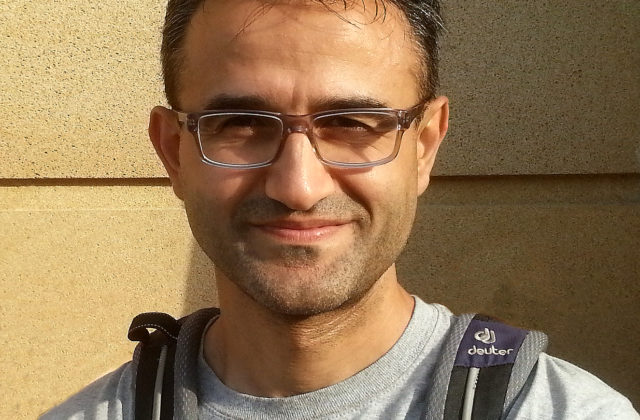Ahmadov, Anar
NIAS Individual Fellowship

Explaining “Petriarchy”: Historicising the Relations between Islam, Oil, and Women’s Rights
Research Question
Female disempowerment is a critical and urgent challenge for many Muslim countries. It undermines their prosperity, their interaction with European societies, and the global achievement of Sustainable Development Goal (SDG) of gender equality. What are the sources of its resilience?
Project Description
Modernization scholars and culturalists argue that Islam disempowers women through shaping Muslims’ political preferences and creating a culture of female subordination. New studies see the culprit not in Islam but in Muslim world’s economic systems and particularly their petroleum wealth that can disadvantage women in workforce and in politics. But much of what we know is limited by several conceptual and methodological weaknesses. The study I propose offers several remedies. Most critically, it argues that we cannot understand the relations between Islam, oil, and female disempowerment unless we systematically investigate the chain of historical causation. Islam’s place in public life and the development of oil industry are not automatic givens. They should be seen as part of the larger political projects steered by ruling elites.
Selected Publications
- Ahmadov, A.K. “How oil autocracies learn to stop worrying: Central Eurasia in 2008 global financial crisis.” Post-Soviet Affairs (2019).
- Ahmadov, A.K. and van der Borg. “Do natural resources impede renewable energy production in the EU? A mixed-methods analysis.” Energy Policy (2018).
- Ahmadov, A.K. “Oil, democracy, and context: a meta-analysis.” Comparative Political Studies (2013).